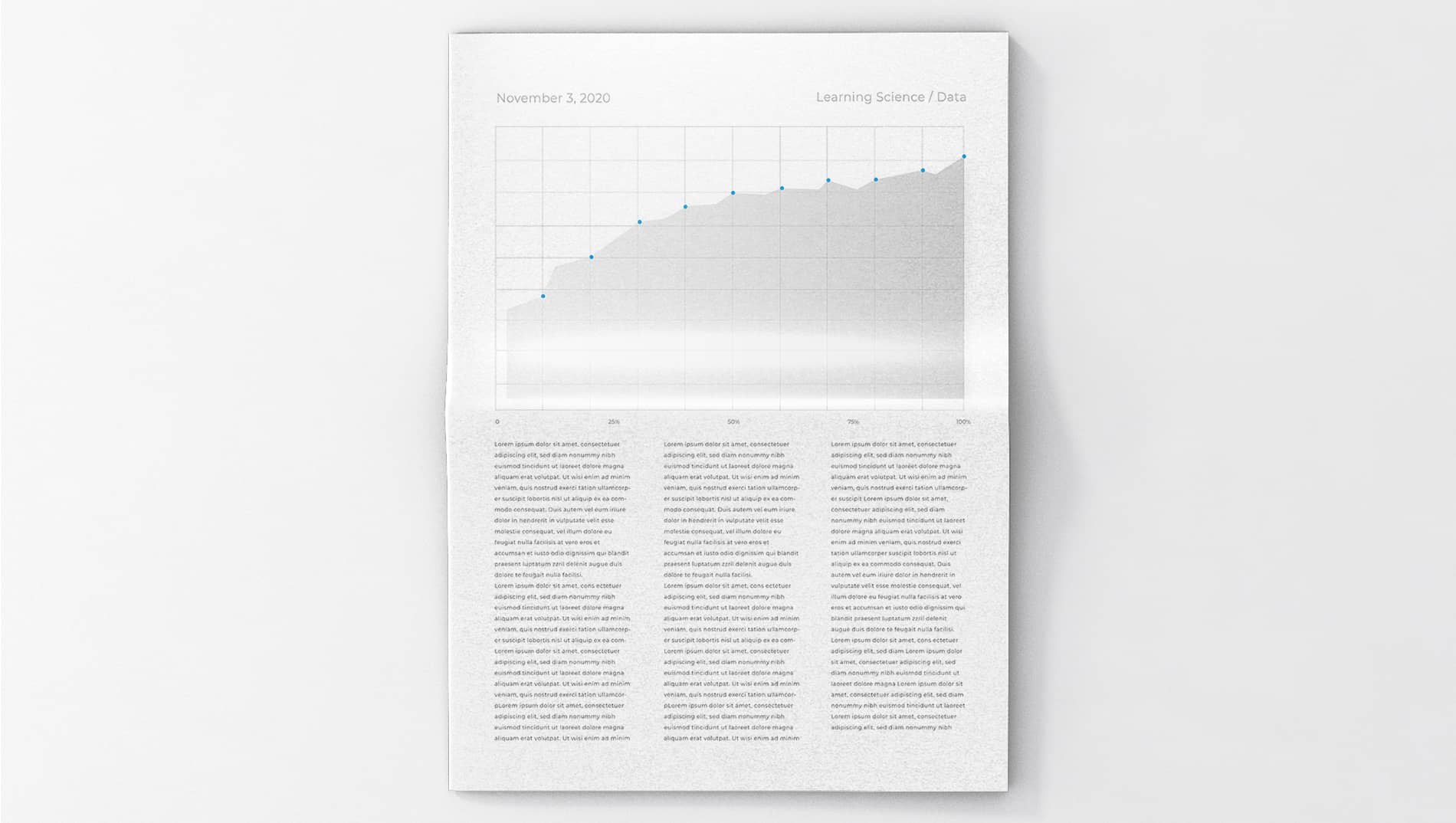Tips to Reduce Test Anxiety for High-Stakes Medical Exams
Nearly everywhere you look in academia high-stakes exams play a major role in determining the proficiency of students. From public school education to college admissions, the standardized test is an opportunity to show what we know. Unfortunately, it also comes with all-encompassing pre-test anxiety.
Nowhere are standardized exams (and the accompanying worry) more apparent than in the field of medicine – marked by a journey of high-stakes exams and a looming list of consequences for poor test performance.
Does all testing make you anxious?
Just because it’s widely accepted that medical students must pass standardized exams to show competence in specific areas, it doesn’t make the process any easier. In fact, many medical students say preparing and taking standardized tests is the most stressful part of medical school.
Research shows mixed evidence demonstrating a link between anxiety and test performance. However, in the medical community, it’s generally agreed that test worry is often connected to lower test performance – as if you needed one more thing to worry about.
The good news is strategies do exist to help test takers mitigate anxiety. We’ve even built some of these into our SmartBanks. We know medical students are knowledgeable and intelligent, but we also know that anxiety is rampant, and we have a role in helping.
Feeling, Seeing, and Knowing Test Anxiety
First, let’s back up and explore the physical affects of anxiety. If you’ve ever had an episode-driven moment of anxiety, you know the feeling. It’s sweating, dryness of the mouth, nausea, or dizziness. Also, anxiety can manifest itself in physical characteristics such as rapid heart rate with palpitations and tachycardia, hyperventilation or even tremors. None of these affects are helpful when trying to perform at your optimal level.
But understanding these signs of anxiety is the first step.
Getting familiar with anxiety’s causes is the next important step. And it deserves a thoughtful audit.
Is it that higher stakes leads to more worry? Some medical students are more anxious for their first medical exam and get used to the test-taking environment, reducing their worry-time with each exam. But others increase anxiety with each test, assuming that their time and financial investment is increasing along with the consequences of failure.
It’s important to know what specifically may be driving your anxiety. For example, some test takers becoming worried that they won’t retrieve information during the test or ‘blank out’. Others are concerned that their chosen study methods may not have been the best choices, leading to disorganization or not capturing enough course information leading up to the test.
We’d like to put this second point to rest. In TrueLearn’s SmartBanks, we serve up questions consistently in the months leading up to your exam date. This means you’re not cramming, but, rather, learning and reinforcing what you’ve learned over time. Thousands of medical professions have told us that this leads to a much calmer study environment.
There are other major ‘worry points’ that you’re bound to encounter.
What the test be like?
Familiarity eases concerns. It’s important to study in an environment that is similar to the one you will face on test day, and it’s even more important to follow the exam blueprint in your studies.
TrueLearn’s SmartBanks help you eliminate as many of the unknowns as possible by simulating the test environment you’ll have on exam day. During your preparation, you have the option of testing in an interface that mirrors what you’ll see on exam day. We also design our SmartBanks’ question content to mirror the exact blueprint for your medical licensure exam.
How am I faring in the time I’ve been studying?
You’re undoubtedly going to be spending hours upon hours studying for you exam – you need to make the best of your time. To keep you on the right study path, you’ll want insights into where you still have weaknesses.
TrueLearn’s reporting dashboard can instantly show you this, helping to direct you to areas where you may want to brush up. At the same time, we know you’ll benefit from a jolt of confidence, which is why our reporting also tells you what you’ve aced so you can check that off your to-do list.
How am I doing in comparison to peers?
It’s a top question, and for good reason. However, we can calm your nerves with an assessment you’ll find helpful. We aggregate the results of your peers who are using TrueLearn to prep for the same test as you are. You can see how you compare and it may help you get a better night’s sleep!
For additional guidance, check out the Mayo Clinic’s website, which offers tips for easing medical test anxiety. They get back-to-the-basics on general self-care such as:
- Eating and sleeping right
- Continuing an exercise regime during test prep
- Relaxing with meditation
But within their many tips is one we love: “Systematically study and practice the material that will be on the test.” This tip underscores our philosophy for test prep best practices. Make studying a ‘system’, then practice, practice, practice.
If you’re already a TrueLearn subscriber, log into your account and keep studying! If you’re not a TrueLearn subscriber, click here to become one.
